Involved communities
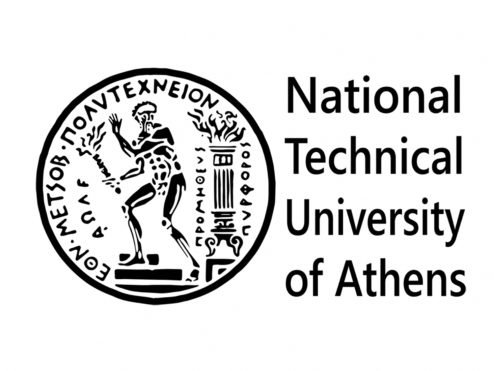
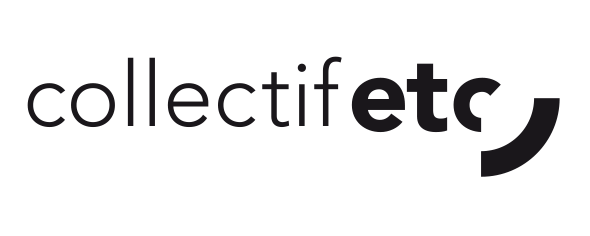
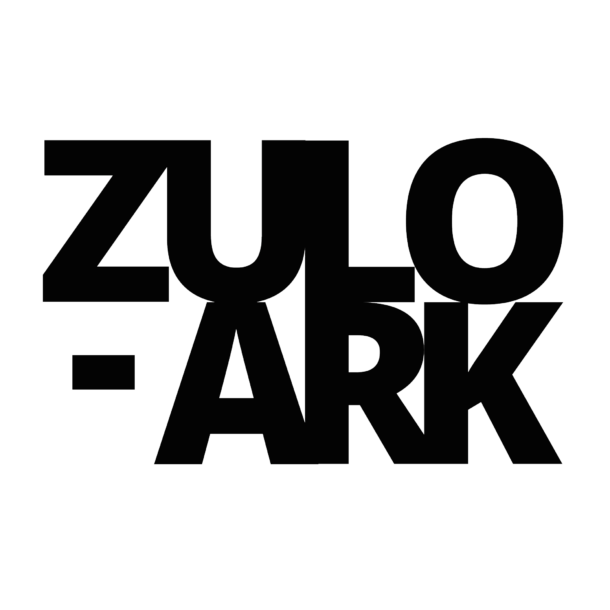
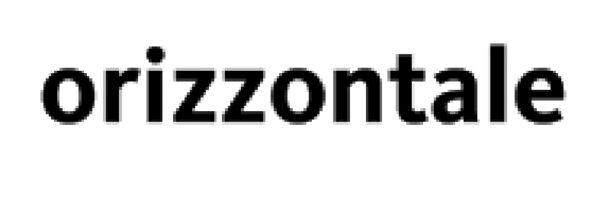




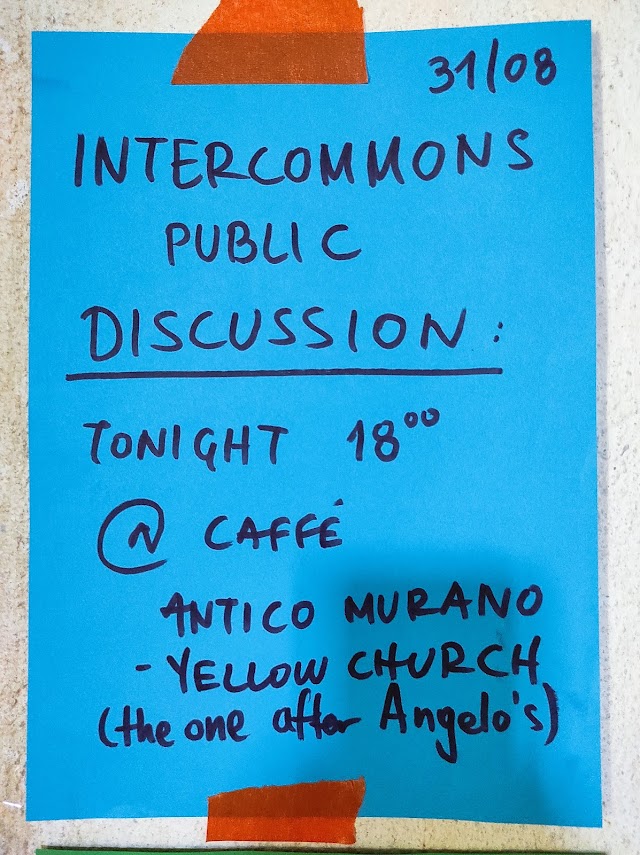
This is not a rhetorical question.
It refers to our specific cultural experiences, differences, and similarities that spawn from our different and at the same time similar histories and localities.
In a discussion I once had with two Russian artists they alerted me to the fact that the legacy of the former Soviet Union included an aversion to anything in common, as opposed to things private, what they were deprived of for so long, and that the commons in people’s minds do not necessarily indicate what we understand in the west. Meanwhile a well-known practice of commoning by pulling together resources and labor towards a common goal or task that survives in many rural areas indicates that similar practices exist.[1]
So I realized that the commons are something that we have ‘in common’ , but the cultural lenses we see them through or our perceptions about them may differ. And although there is plenty of literature available that we are aware of, there is little that discusses the cultural differences among what we have in common about the commons, and this is a paradox worth analysing. As an experimental workshop series, each time in a different cultural and geographical setting the Architecture School of Commons is an opportunity to reflect about the commons in three different cultural backgrounds, as well as in the context of architectural education pedagogies, and architectural practice itself. Thus, the intention to reflect about what we do during the workshops was born based on a genuine curiosity to research the matter further.
This is a brief overview of the seminars, the methodology, program and climate that has been cultivated among partners and students during the Italian cycle.
The term “commons” forms part of the project name and has been used right from the conception of the program in the proposal, nevertheless little explicit reference if any, has existed in the French cycle even though it was implicit everywhere. The InterCommons seminars was conceived before the second workshop to examine some fundamental topics, and to act as the “glue” between the three cycles.
The Methodology, assignments and exercises
The format and methodology were meant to be a tool for conducting the seminar, as well as a learning process about the very methodology itself. The following roles were assigned: timekeeping, note-taking, and heart-keeping. Note taking took place in conventional writing, as well as in visual narrative form that students took up. The success of these tools varied between the tasks and the day. In practice due to the ever-changing conditions and lack of support which caused organizational difficulties the seminars had to be improvised. Timekeeping was not necessarily useful in every meeting, while note-taking hasn’t been analyzed yet. Heart-keeping and visual note-taking were quite successful. Students were asked to observe Belmonte and their daily life experiences and to document their observations. Sitting in the form of a circle, using a talking stick, inductive (or bottom-up) vs deductive reasoning, and performative acts were some of the ingredients of the meetings. Three days (Tuesday Wednesday Thursday) 90’ each afternoon of discussion, debates, Q&A, and assignments.
We addressed some basic definitions, such as the nature and a brief history of the Commons, where do the commons live and thrive, what is behind the term and what is at stake. Also, how do we understand the commons in different cultural contexts and periods of time. We also discussed some examples from participants experience.
Keywords that came up: water distribution, social life-reclaim-care-contribute-act-think-meet-tolerate, real space vs virtual space, community vs the planet
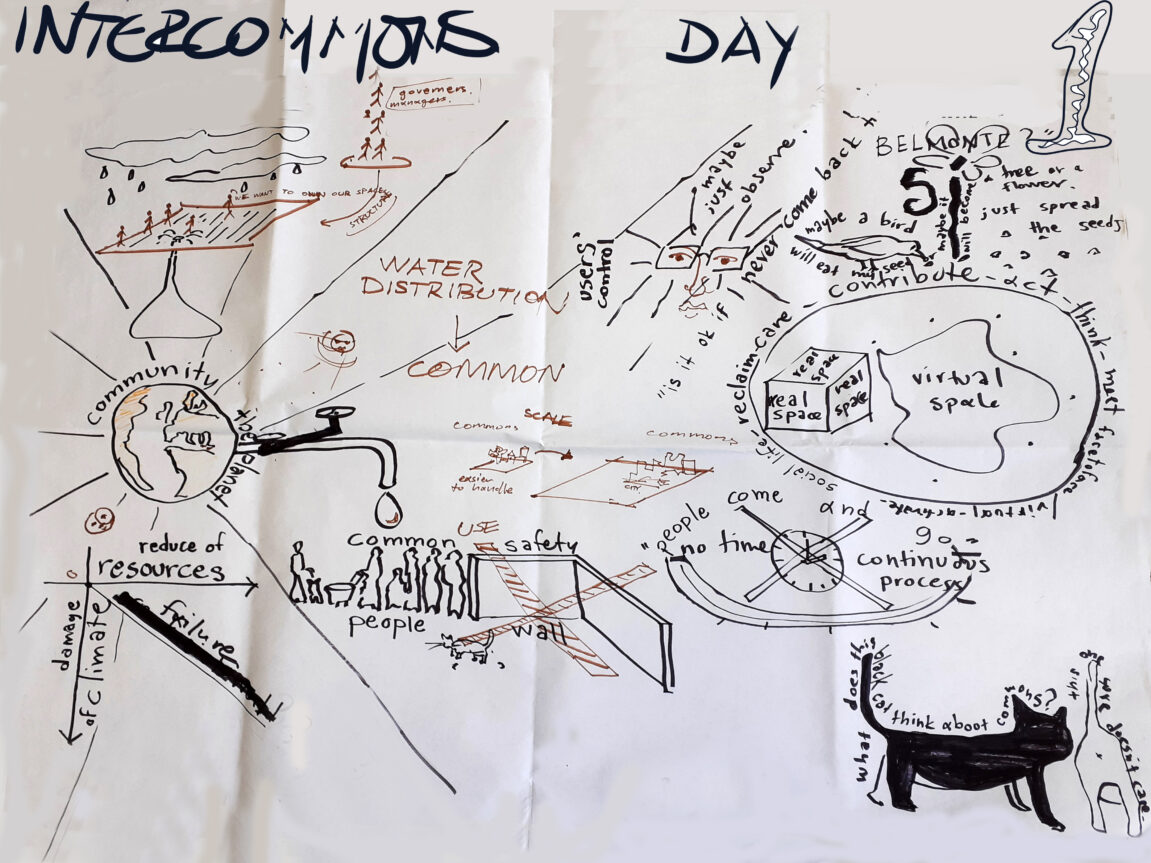
How do the commons relate to architecture? Commons in spatial terms and in an architectural context. Spatial Commons, architecture and the ASOC commons. Partners offer their ideas about the spatial Commons. The first day turned out to be an introduction into the topic of the commons. People were asked to suggest keywords that relate to the topic. Community and the Commons. Care for the commons. Exploring what the commons need to be happy. The second day was devoted to the local expression of the commons in Belmonte as well as the meaning that the commons take within the school of Commons partners.
Keywords that came up: Spatial commons, what happens when we leave a space? Do borders help? Living together, Space we create with our bodies.
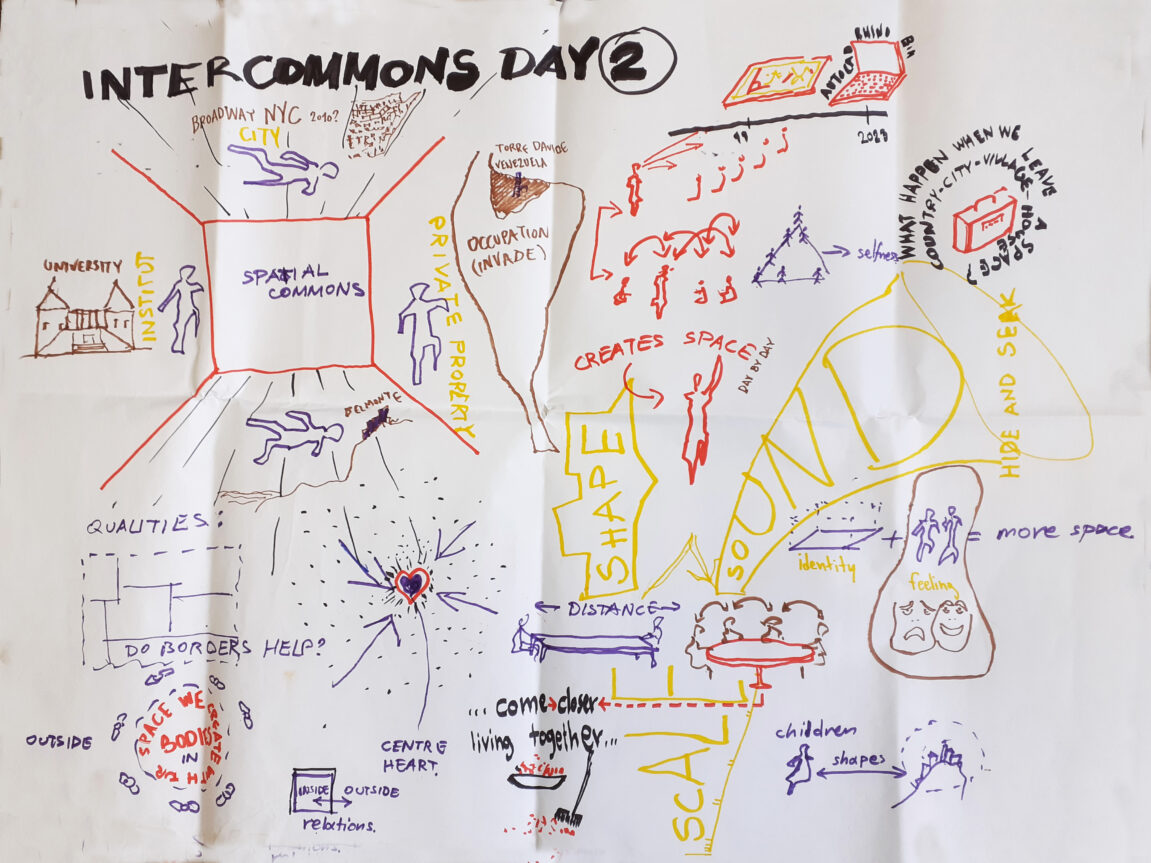
The third day was meant to be an exchange between workshop participants and the community. It appropriated an impasse with steps leading to the church (Chiesa dell’Immacolata). Despite the use of a conducive space which were the steps cut an impasse where people could sit and conduct a discussion or debate the meeting acted more as a closing event and reflection of the process itself, and less as a bridge between the workshop and the community as originally intended.
Keywords that came up: Autonomy on sources, scale, liquid democracy, take care together, what do we need?
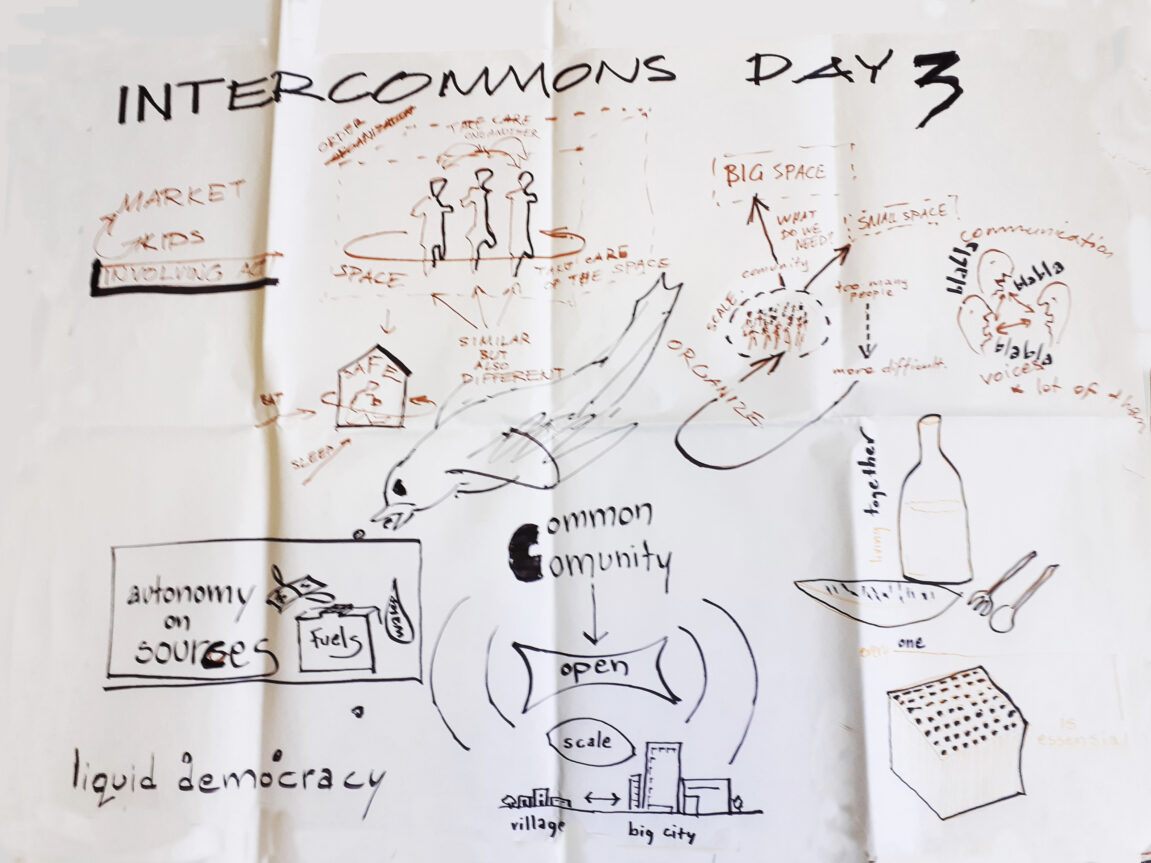
The commons are largely uncharted territory. There is a gap between theory and practice and the Architecture School of Commons strives to experiment with pedagogies that bridge that gap. The commons could mean bottom up placemaking and bottom-up education, a particular way of interacting with others and of building relationships and just generally doing things. Interactive, cooperative, curious, exploratory, nonhierarchical, convivial. Yet, there is a lot that needs to be done in terms of adopting, possibly even inventing genuine methodologies which support conflict resolution and a better understanding between partners and each other. Students instinctively want this and respond with enthusiasm, which confirms the great need for this type of philosophy towards a paradigm shift in architectural education which aims towards quality of life not based in consumption, but in collaboration, perhaps even a different vision for the world.
We hope that this year’s cycle coming up in a few months will allow us to explore these ideas.
PS. The InterCommons seminars were conceived and developed by Nicholas Anastasopoulos (NTUA) and were realised with the support and participation of students and ASOC partners first in Belmonte, on 29,30, and 31 August 2023.
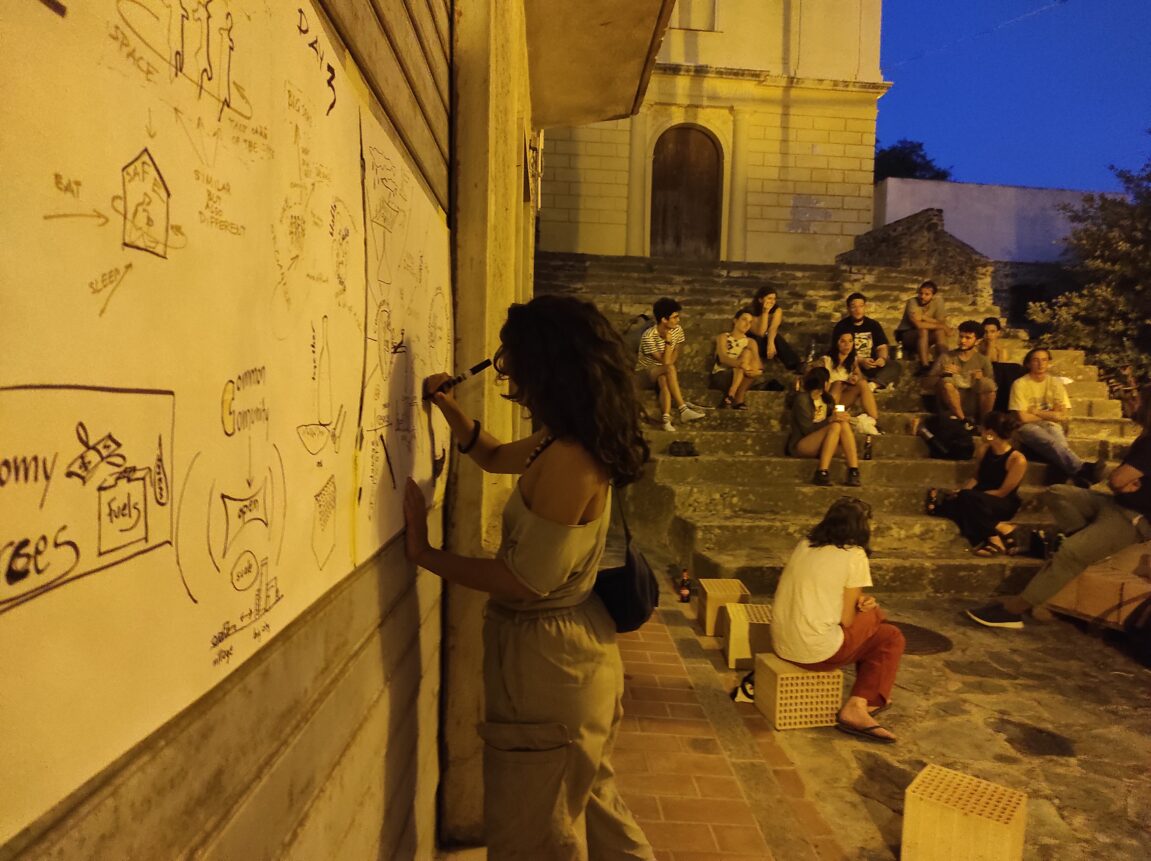
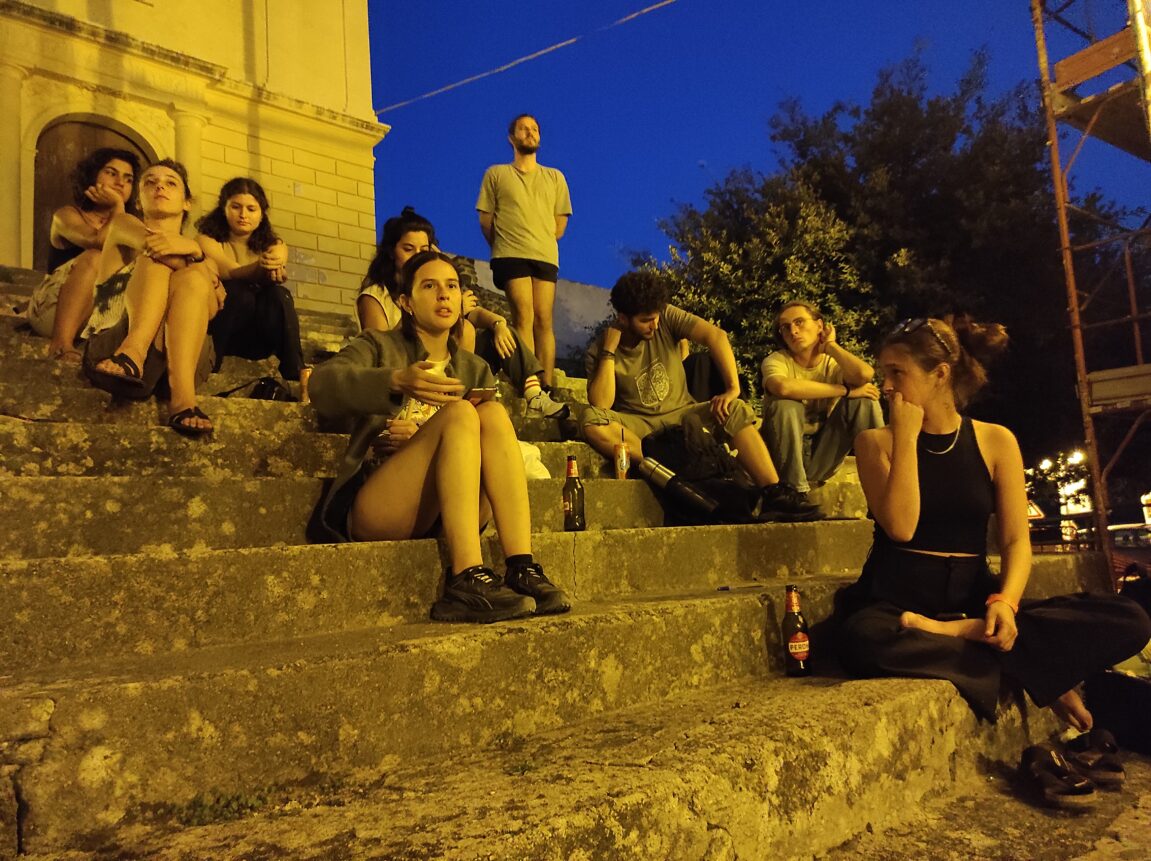
[1] such as barter in English, trueque in Spanish, minga in Quetchua, Prelo (običaj) in Serbian, etc